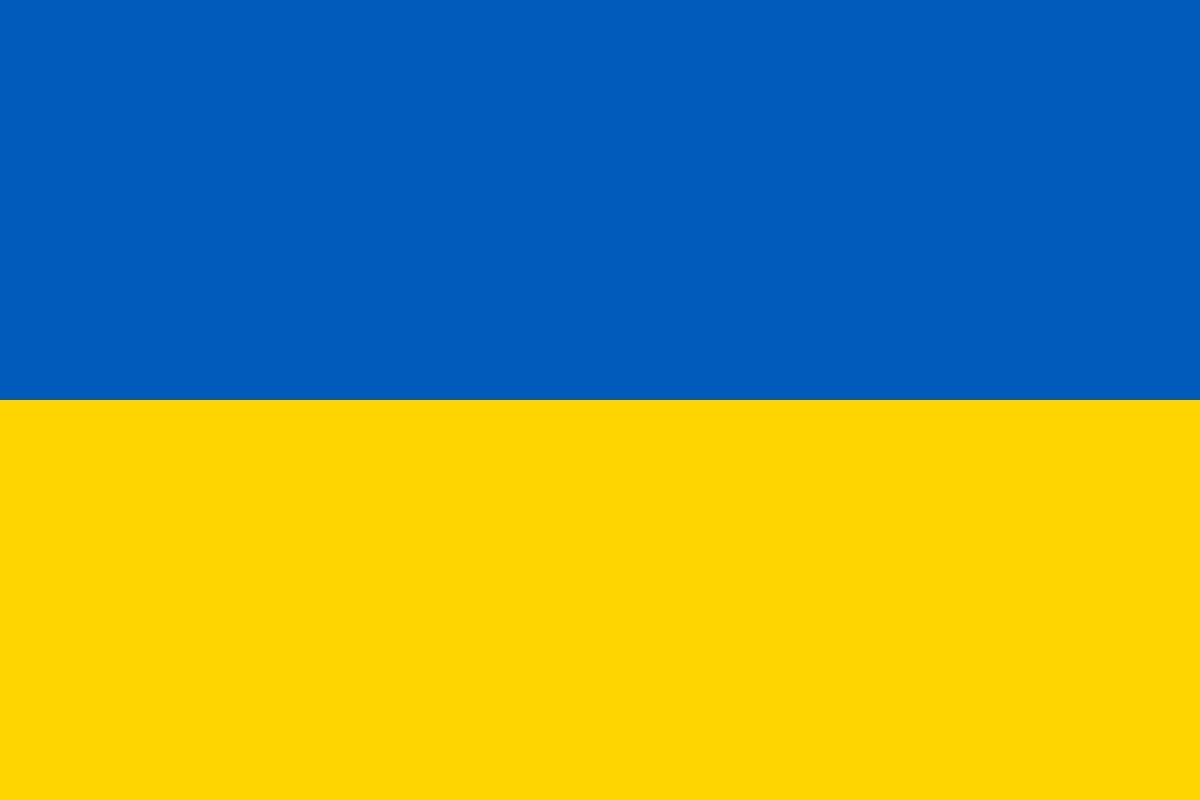Recent Ukraine Energy Market Observatory developments
Ukraine has made remarkable progress in its energy reforms, despite the massive Russian attacks on Ukrainian energy infrastructure which have caused significant destruction and damage to both generation capacity and network infrastructure. In March and April 2024, Russian attacks also targeted gas storage infrastructure for the first time since the war began.
- New Legislation: Ukraine has adopted and enacted the "Law on the Mandatory Use of Liquid Biofuel (Biocomponents) in the Field of Transport," promoting the use of biofuels.
- Electricity Market Enhancements: Key measures were implemented to ensure electricity supply security and financial stability, including increased price caps in the wholesale market and a rise in household electricity prices.
- RES Sector Development: Significant progress has been made towards operationalizing a system for issuing guarantees of origin, supporting the development of the renewable energy sector.
- National Energy and Climate Plan: Ukraine approved its National Energy and Climate Plan for 2030, outlining strategies for sustainable energy (read more here).
- EU Accession Negotiations: In June, Ukraine began its EU accession negotiations, marking a major step forward in its integration with the European Union.
Since April, the Energy Community Secretariat's Ukraine Energy Market Observatory has published seven reports on developments in the gas and electricity markets, REMIT implementation, and the RES and climate acquis.
Gas
The Secretariat releases updated assessment on gas storage business in Ukraine. The update provides insights and measures aimed at reducing and mitigating risks ahead of the injection season 2024/25 (Assessment note 5/2024).
Biomethane
The Energy Community Secretariat assessed Ukraine's Law No. 3613, which amends the Customs Code and the Law on Alternative Fuels to facilitate biomethane exports. The law subjects biomethane to the same custody rules as natural gas, ensuring quality and safety, but exempts it from the natural gas export ban, to allow export trough the same interconnection points.
A key issue is that the law relies on international voluntary certification schemes due to the lack of a national sustainability certification system. This practice could delay the development of a comprehensive biofuel certification framework at national level which hinders compliance with the Renewable Energy Directive II (RED II).
Additionally, the mandatory one-month storage of biomethane aims to ensure proper renewable gases balancing but could be seen as discriminatory for biomethane producers.
The Energy Community Secretariat’s assessment concluded that the law solves the issue related to the biomethane exports but the lack of a national certification system could slow the development of a robust domestic market and affect Ukraine’s long-term renewable energy goals (Assessment note 12/2024).
Electricity market
In April, the Secretariat evaluated the National Energy and Utilities Regulatory Commission’s (NEURC) draft amendments to remove price caps in the day-ahead (DAM) and intraday (IDM) markets as of 29 April 2024 (Assessment Note 6/2024). This change is a positive step for enhancing electricity supply security and market liquidity by aligning Ukrainian market prices with EU dynamics and facilitating electricity imports.
The Secretariat stresses that, in the long term, price caps should comply with the Capacity Allocation and Congestion Management (CACM) and Electricity Balancing Guidelines (EBGL). However, given the damage to Ukraine’s generation capacity, the Secretariat advises NEURC to carefully consider the timing of the price cap removal.
The REMIT implementation in Ukraine
The Secretariat published assessments of two secondary legislation acts approved by NEURC under the Ukrainian REMIT Law. Assessment Note 7/2024 reviews the Procedure for Registration of Wholesale Energy Market Participants, outlining REMIT registration requirements.
Assessment note 10/2024 evaluates the draft and final Procedures for determining penalties. The Secretariat found them largely compliant with REMIT but recommended improvements for full compliance, clarity, and transparency. NEURC's penalty decisions will be consulted with the Secretariat during the two-year transition period.
The RES acquis implementation
In June, the Secretariat assessed Ukraine's Green Transformation Law (No.3220-IX) for compliance with the Energy Community acquis. The law covers guarantees of origin, self-consumption, renewable energy support, and more. However, some provisions need further alignment with the REDII and Electricity Directive. The Secretariat recommends adjustments for full compliance with the Electricity Integration Package (Assessment note 8/2024).
Additionally, the Secretariat reviewed the Procedure for Issuance, Circulation, and Cancellation of GOs for renewable electricity, approved by the Cabinet of Ministers in February 2024. The procedure includes an electronic registry that meets REDII and CEN – EN 16325 standards, aiding EU market integration (Assessment note 9/2024).
Climate
The Secretariat assessed Ukraine's draft Law “On the Main Principles of State Climate Policy,” published for consultation in February 2024. The draft aims to align with the EU’s Governance Regulation 2018/1999 and Regulation (EU) 2021/1119 on climate neutrality and supports Ukraine’s international climate commitments.
It establishes a foundation for the LTS, NECP, and greenhouse gas inventory, and introduces national systems for reporting and inventory. The Secretariat recommended refining the draft to ensure compliance with these regulations and improving climate reporting to the Energy Community Secretariat (Assessment 11/2024).
The Energy Community Secretariat continues to support Ukraine's reform agenda, and is actively supporting the country maintain the functionality of its energy system.

